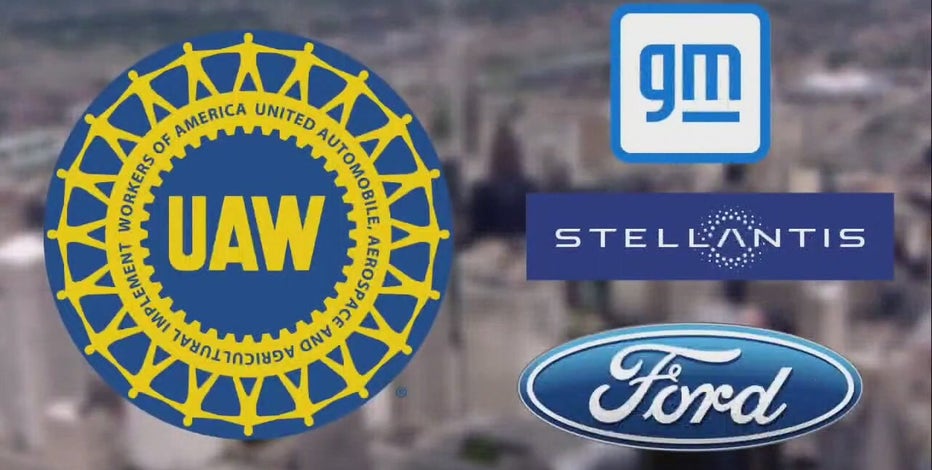UAW ratification vote over General Motors deal down to the wire
DETROIT (FOX 2) - It looked questionable at first, but union members are expected to narrowly approve a tentative agreement between the UAW and General Motors.
As voting totals from local union groups rolled in Tuesday and Wednesday, it appeared the vote would come down to the wire after several of GM's largest factories rejected the proposed deal negotiated by the union's leadership.
A rejection of the deal would be a step-back for many, not just GM. It could further hurt the company's supply chain, prolong the strike against the automaker, while potentially slowing the momentum that UAW President Shawn Fain hoped to leverage as he seeks to expand the UAW's membership.
A simple majority is needed for the contract to be approved.
As it stands, 53.9% have approved it and 46.1% have rejected it. Members have until Thursday to vote and the results will be published Friday.
Major GM plants reject deal
But at plants in Michigan, Tennessee, Indiana, and Missouri that are some of GM's largest, workers voted against the deal - and not by a small margin.
At the Flint Truck plant, workers voted down the deal 48.2%-51.8%. At Spring Hill, where more than 2,300 workers build GMC and Cadillac models, the margin was 67.5% in favor and 32.5% against.
Fort Wayne Assembly and Wentzville Assembly workers also voted down the bills.
But the winds changed when Aringling Assembly, the company's biggest plant and one of its profit centers in Texas, overwhelmingly approved the deal. The complex employs more than 3,300 workers, which approved the deal by 60%-39%.
Why vote against the deal?
Fain has sold the deal secured by union leadership as one of historic proportions. But such a shaky approval among workers indicates that not all members are sold on the deal.
Some analysts believe older workers and more traditional employees that are already making top wages won't see the same gains as younger members. "It appears the production plants –the assembly plants– have a higher reject rate than some of the other plants, or the other facilities," said Alan Amici, President and CEO of the Center for Automotive Research.
There are 46,000 workers employed by GM that are voting on their own agreement. As of Wednesday afternoon, 17,135 GM union members voted yes, while 14,657 voted no.
The uncertainty is causing worry in the automotive industry, said Jan Griffiths, a former auto supply chain executive.
"If this agreement is not ratified, then there’s a possibility that we could go back into a strike situation," Griffiths said. "But I have to believe that all parties involved will do everything in their power to avoid that situation from happening."
Meanwhile, Mike Martinez of Automotive News said Fain setting expectations high may be part of the problem as well.
"A 25% raise looks great, but not when you were originally thinking you might get 40," he added.
Where do Ford and Stellantis stand?
Ford and Stellantis votes aren't providing the same kind of nail-biting results.
Stellantis' ratification margin as of Thursday morning stood at 66% for and 33% against. Ford's margins are almost the same.



